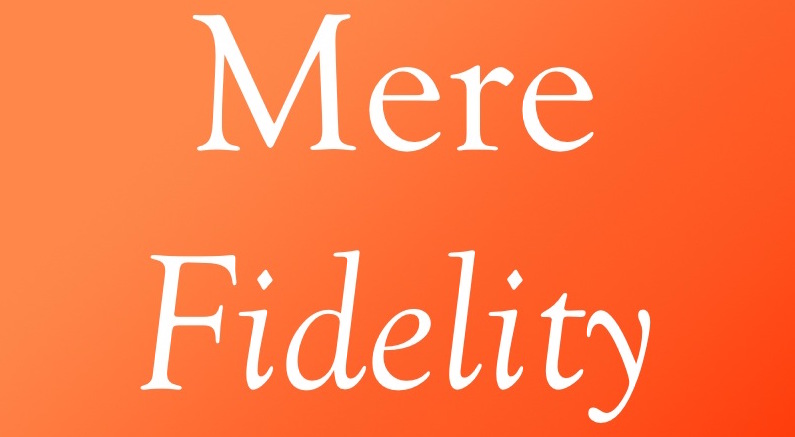Last night, Joe Carter argued that we have obligations now to people we will meet in the future, such as our spouses. I pointed out (in the comments) that this would entail that we have obligations now to people in the past as well, a point that Joe agreed with (raising the inevitable question of whether that man ever sleeps–who responds to blog posts at 1:22 am?).
Login to read more
Sign in or create a free account to access Subscriber-only content.
Topics:
